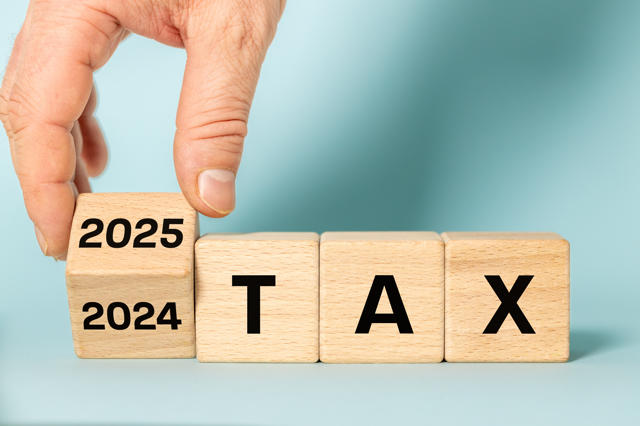Have you recently donated to a charity? If you have already donated or are planning to, you can claim 33.33 cents for every dollar you donated to approved charities and organisations. Learn how you can support your charities of choice whilst claiming tax credits on every dollar.
What you can claim
You can claim tax credits for donations of $5 or more when the donation:
- was to an approved charity or organisation
- did not provide any direct benefit to you or your family
- was not given, bequeathed, done or appointed by will or made by way of a full or partial debt forgiveness.
You can find a list of approved charities and organizations here.
How much you can claim
The total you can claim in a tax year is the lesser of:
- 33.33% of your total donations
- 33.33% of your taxable income.
If your total donations were more than your taxable income, you can split your donations with your spouse or partner. You would claim up to your amount of taxable income and your spouse or partner would claim the rest, up to their amount of taxable income.
When you submit your donation receipt, let us know how much of it you want to give to your spouse or partner. This can be done regardless of whether the receipt is in your name and whether you are the one to submit the receipt.
Eligibility criteria
You will be eligible for the tax credits for donations if:
- You are claiming as an individual and not on behalf of a company, trust or partnership.
- You were a New Zealand tax resident at any time during the tax year that you’re claiming a donation tax credit for.
- You have taxable income in the tax year that you’re claiming a donation tax credit for.
- The total amount of the donation you’re claiming is less than your individual taxable income for the tax year. If it is not, the claim will be limited to the amount of your taxable income.
- The donation did not directly benefit you or your family.
- Each receipt you submit is:
- In your name or your spouse or partner’s name
- Showing the amount and date of the donation
- Clearly stating that it’s for a donation
- Has been signed by an authorized person
- On the organization’s letterhead or shows its name and official stamp
- Showing the word ‘copy’ or ‘replacement’ if it’s a replacement receipt.
- Dated within the 4 year allowable period (1 April, following the end of the tax year in which you made the donation, if you have a standard balance date of 31 March or an early balance date, the day after the end of your income year, corresponding to the tax year in which you made the donation, if you have a late balance date).
When is the earliest you can receive a donation tax credit?
The earliest you can receive a tax credit is after the end of the tax year and you’ve been assessed for income tax. You can only get it earlier if you’re:
- claiming donation tax credits on behalf of a deceased person
- going overseas permanently or for a significant period of time.
Claiming a donation tax credit for school fees or to state-run kindergartens
You’re eligible to claim a donation tax credit for school fees or to state-run kindergartens as long as they go to the general fund.
You cannot claim a tax credit for:
- tuition fees
- private school fees
- exam fees
- attendance dues
- tertiary education fees
- parent-teacher association membership fees
- costs for a student doing a voluntary activity which is not part of the school curriculum
- costs of materials for something a student made at school and took home, such as something made in a woodwork class.
Payroll Giving
Payroll giving is a way for someone to donate to an organisation straight from their pay. This means the person can receive the tax credits immediately, rather than having to file for them at the end of the financial year. The credit also reduces the amount of PAYE or withholding tax you pay.
Only companies that file their EMS (IR348) and EDF (IR345) electronically using ir-File can offer payroll giving.
To register as an employer, click here.
If you have any further questions about claiming tax credits, come in and say hello.





